The political atmosphere in the United States is making Chinese observers cautiously optimistic about the prospect of climate change cooperation between Beijing and Washington, said Ding Zhongli, a geologist and vice-chairman of the Standing Committee of the National People's Congress, China's top legislature.
"Leaders from both China and the U.S. have made positive remarks on climate change cooperation, but whether such goodwill can be maintained remains a test for U.S. politicians," said Ding, who took part in the United Nations Climate Change Conference in 2009.
With the COP 26 conference on climate change currently taking place in Glasgow, Scotland, global warming is being widely discussed, and many people are looking to China and the U.S. to lead. "Partnership between China and the U.S. is the key to solving most of the world's problems", Ding, who is also a member of the Chinese Academy of Sciences, told China Daily, "and that is the perspective from which we need to see climate change."
He added that the two countries have the widest range of technologies for tackling climate change and a partnership between them is also key to the world's peaceful development.
"President Xi Jinping has stressed the importance of cooperation between China and the U.S., and climate change is no exception. Politicians on both sides have demonstrated positivity toward the matter," Ding said.
Still, he warned that such a partnership cannot be taken as a given. "The strategic position of the U.S. is not conducive to mutual benefit and coexistence", he said, commenting on the "competition, cooperation and confrontation" strategy adopted by the Biden administration in its policies toward China.
"The U.S. has already threatened to decouple in areas such as technological development, it's hard to say if this might extend to climate-related areas in the future."
Ding also pointed out the uncertainty stemming from U.S. domestic politics, highlighting the country's track record on international climate cooperation.
Viewed from a historical perspective, former president Donald Trump's withdrawal from the Paris Agreement is not the only U-turn the U.S. has made on climate change, he said. Nineteen years ago, former president George W. Bush announced that the country would not implement the 1997 Kyoto Protocol, a treaty his predecessor Bill Clinton had signed three years earlier.
"A review of the U.S. record on climate change demonstrates at least one thing, the country's two main political parties have not reached consensus on the issue," Ding said.
The Trump administration was highly skeptical about climate science and took that skepticism to its logical extent by pulling out of the Paris Agreement last year. The Biden administration reversed the decision, and rejoined this year.
Looking beyond China and the U.S., he stressed the importance of developed nations and developing nations enhancing collaboration on climate change.
"Developed nations have to fulfill their promises, actively share their technology, and provide financial aid to developing nations," he said, "so developing countries can set a higher starting point for green development."








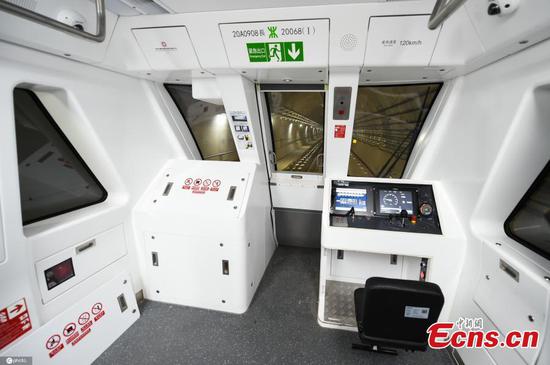



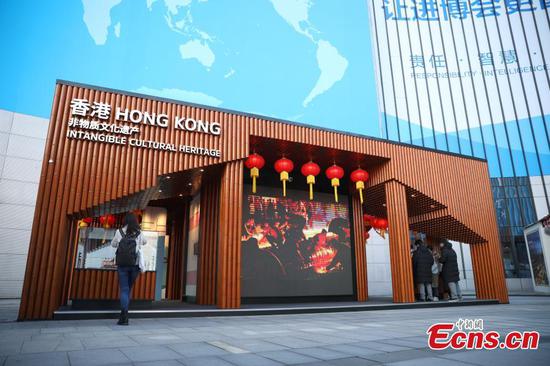
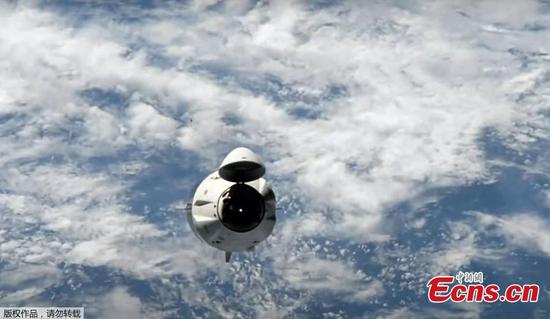

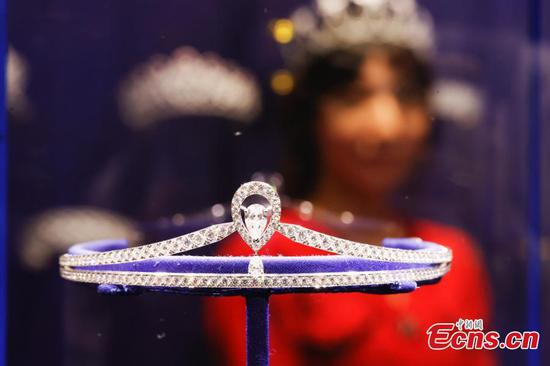
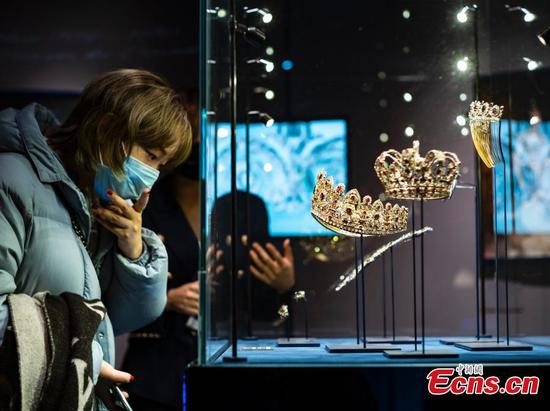


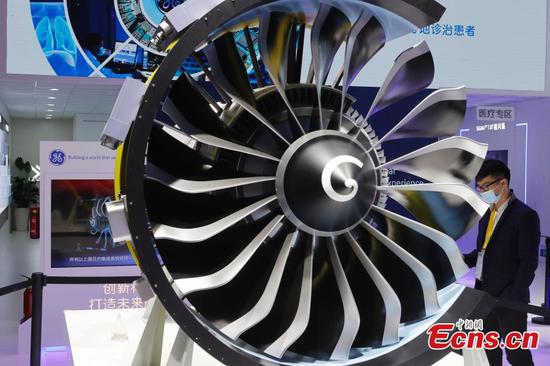

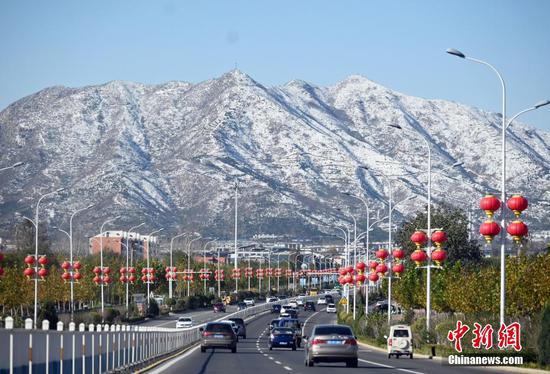

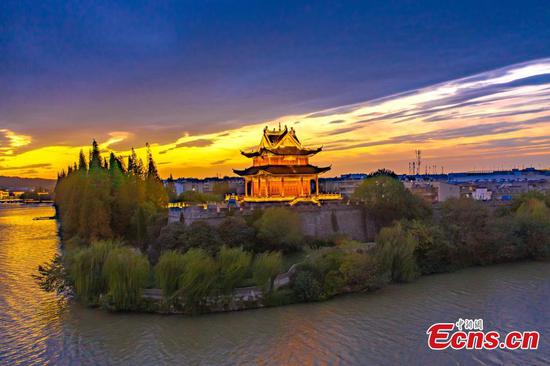

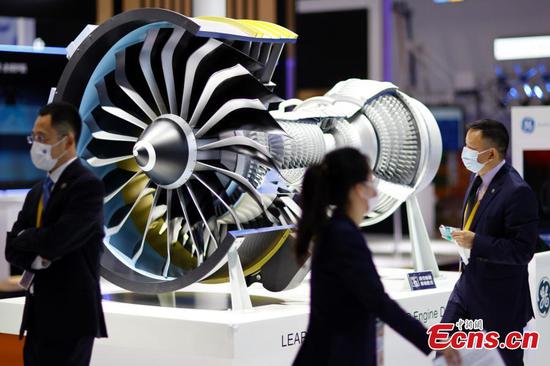


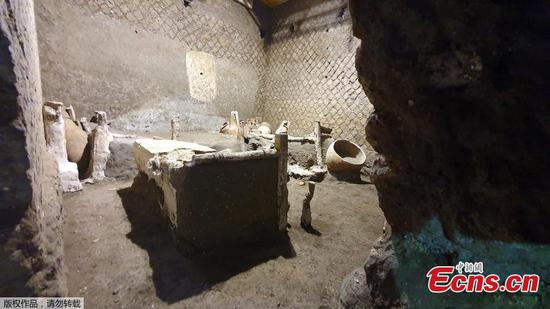
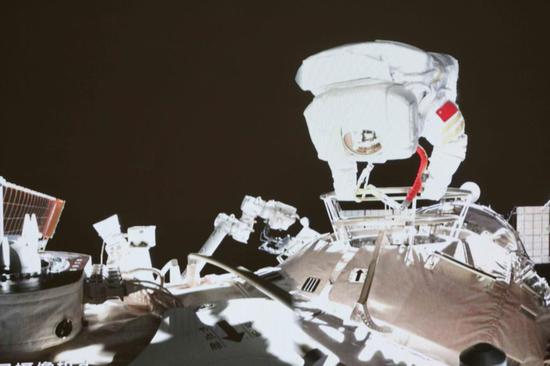
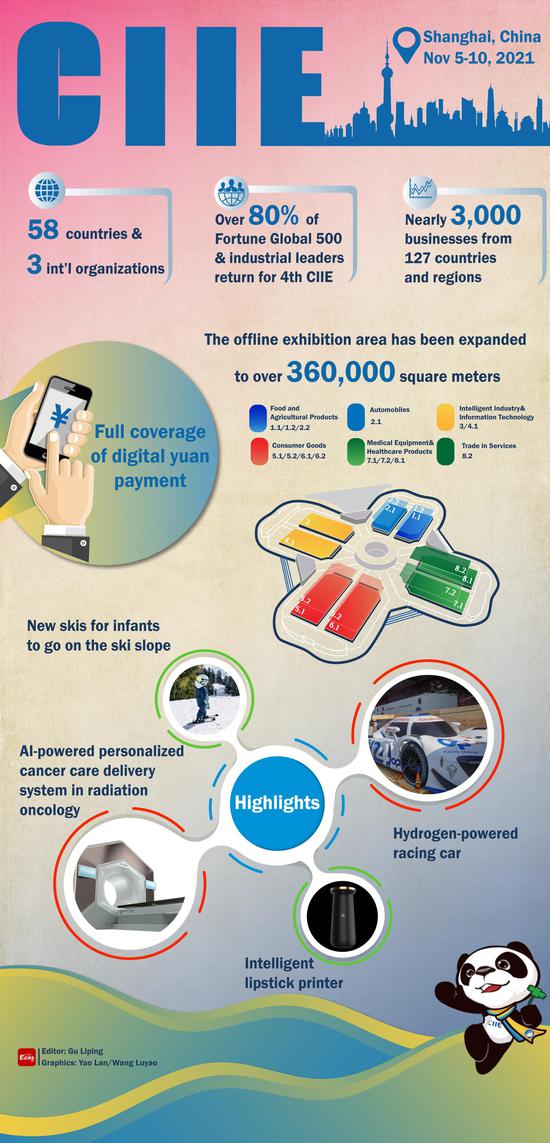
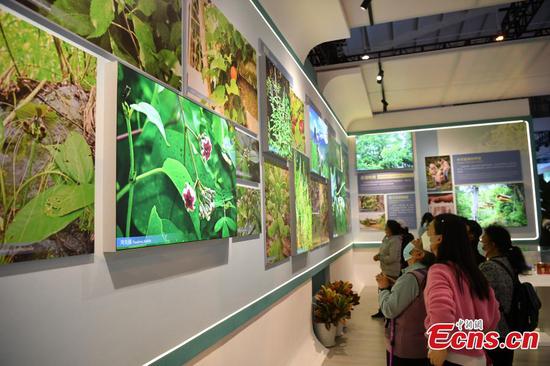
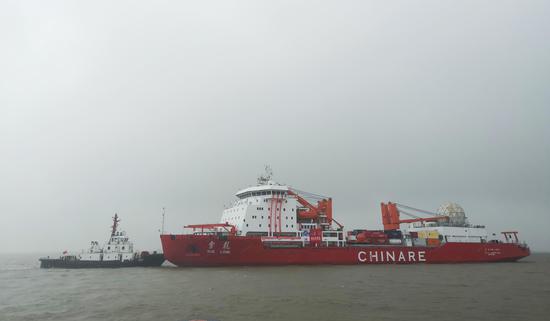
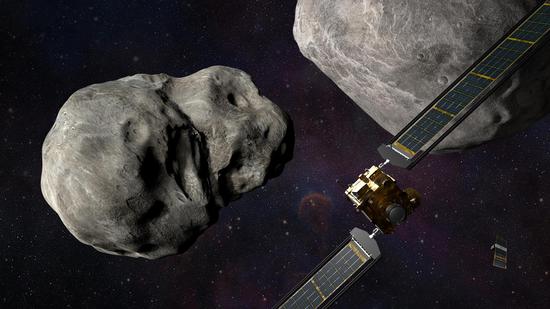
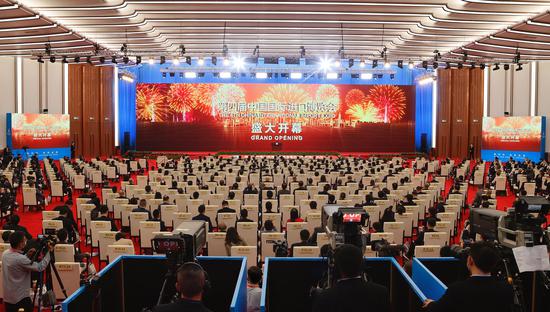
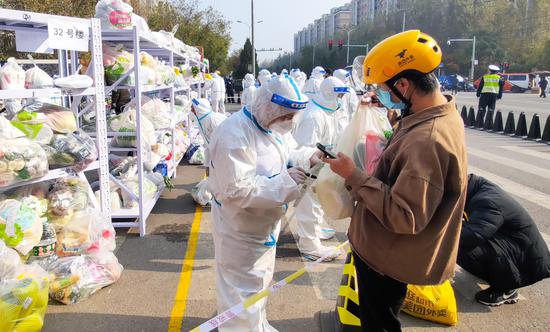

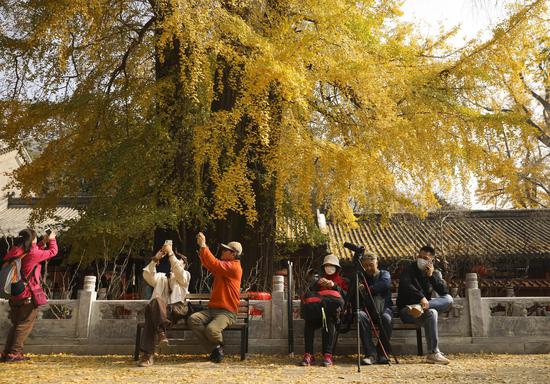

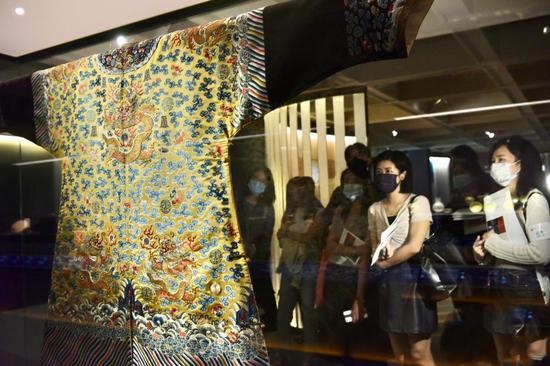
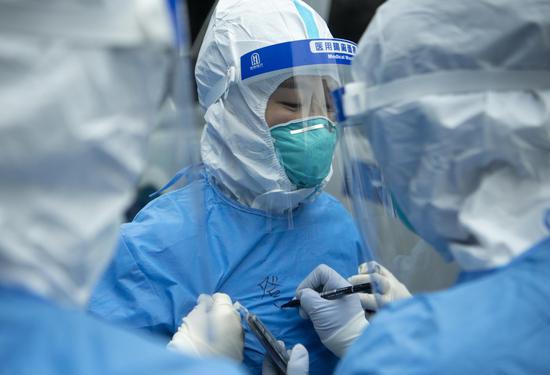
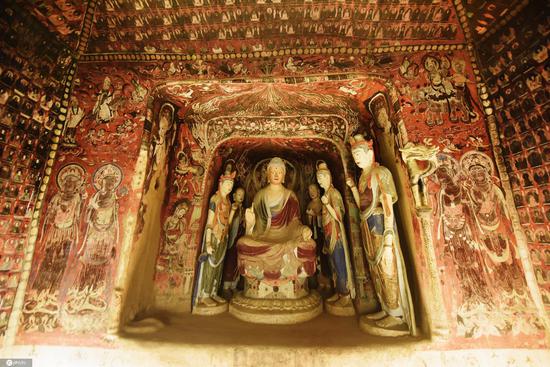

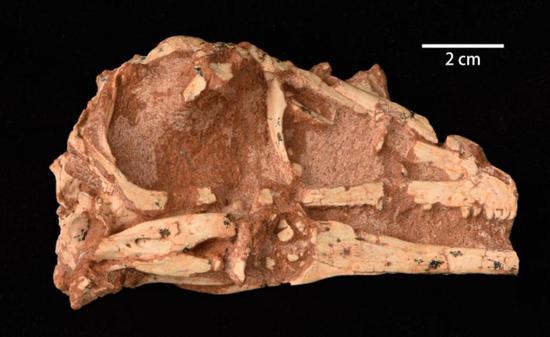






 京公网安备 11010202009201号
京公网安备 11010202009201号